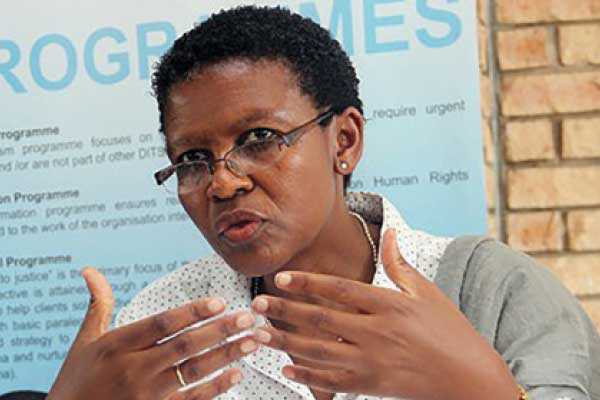Refugees in Botswana face ‘statelessness’
Thousands of refugees at Dukwi Refugee Camp in northern Botswana would be left in the lurch as the United Nations High Commission for Refugees (UNHCR) scaled down its operations in the country effective last week Thursday (June 30th 2016). Botswana Guardian has established that even though Botswana government has demonstrated its ability to ensure the legal and social protection of refugees nothing on the ground is showing.
The 2 123 refugees in the country are said to be restless due to no communication regarding their future. Refugees in Botswana are from Burundi, Cameroon, Democratic Republic of Congo, Eritrea, Ethiopia, Kenya, Rwanda, Sierra Leone, Somalia Uganda and Zimbabwe among other countries. UNHCR is expected to maintain a reduced presence in the country but will continue to provide support in Botswana for various programmes until December this year. Sources at the Ministry of Defence, Justice and Security have however revealed that government is still discussing this matter with UNHCR.
Information gathered indicates that the refugees have since approached Ditshwanelo- The Centre for Human Rights for intervention. The refugees complain that ever since the refugee profiling and assessment exercise was conducted in March 2015, it is not clear what the outcomes of the exercise were in relation to some of the refugees in the Dukwi Camp.
This publication has it on good authority that a new delegation from the UNHCR Southern Africa regional office in Pretoria- South Africa, expected to assist the refugees, arrived in Dukwi early this week after the Head of field officer and Associate protection officer left the camp last week and only the Database Manager remained. A letter from Ditshwanelo Director, Alice Mogwe written to the Permanent Secretary in the Ministry of Defence Justice and Security seen by this publication, calls for urgent attention to the situation at Dukwi. Mogwe points out that the most affected are the Congolese refugees from Democratic Republic of Congo (DRC). Ditshwanelo requested information on durable solution for the refugees since the profiling exercise was done last year.
“It appears that there are a number of refugees whose applications for refugee status have been rejected, without providing the applicants with reasons for these. We are aware that during the years of conflict, which the DRC has experienced, there have been several armed groups and armies from neighbouring countries. Could those who have been rejected and are either at Dukwi Refugee Camp or are currently detained at the Centre for Illegal Immigrants, be informed about their future options. We are informed that the majority of those whose cases have been rejected and are at the centre for illegal immigrants; comprise women, children and the sick”, Mogwe wrote in the letter received by the ministry on the 14th of last month.
Ditshwanelo also wanted to know what was happening to the children detained at the Centre for illegal Immigrants in Francistown following the death of their father the late Bawili Kashindi. Kashindi was allegedly buried at the Dukwi Camp. Ditshwanelo asked if there were any alternative options for orphaned children, other than indefinite detention, “without resolution to the above matters, there is a possibility that the issue of statelessness may arise”. UNHCR Protection Officer Madipa Machacha could not be reached as she was said to be out of the country.





